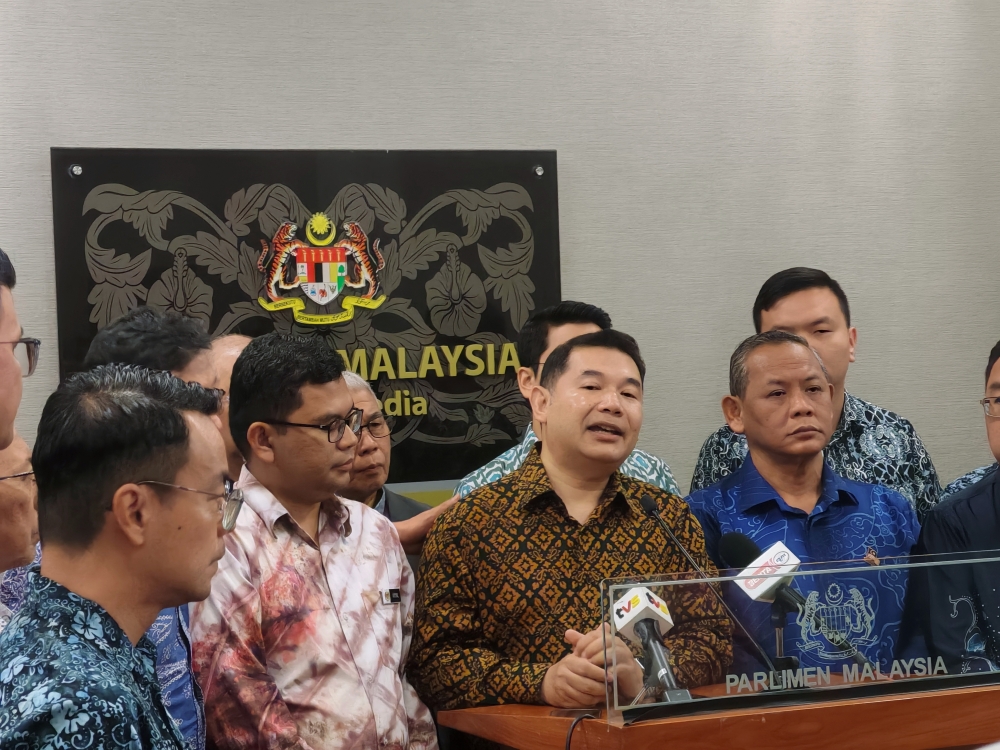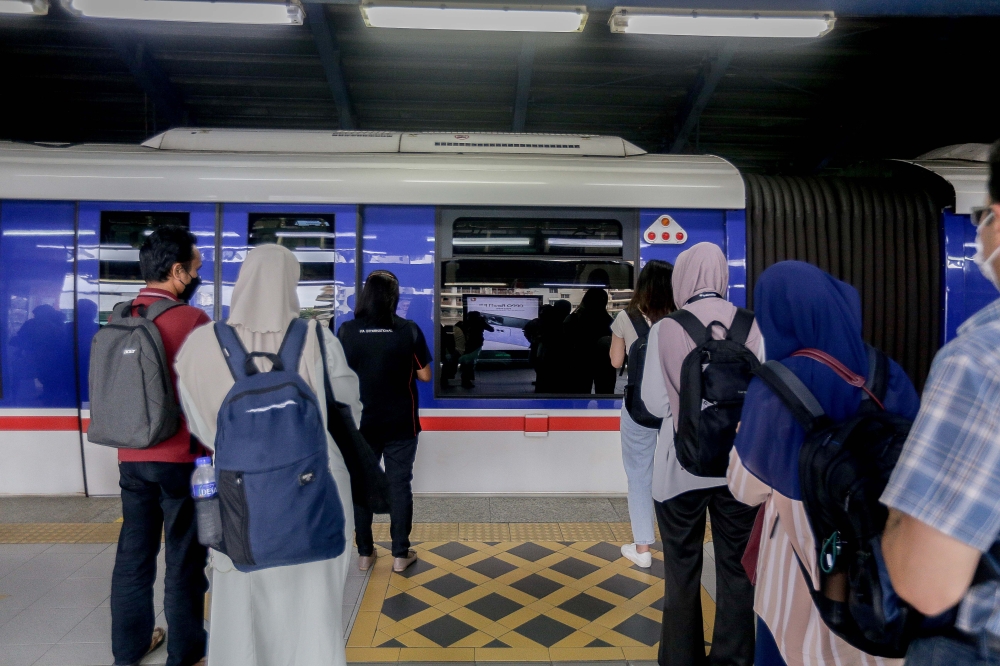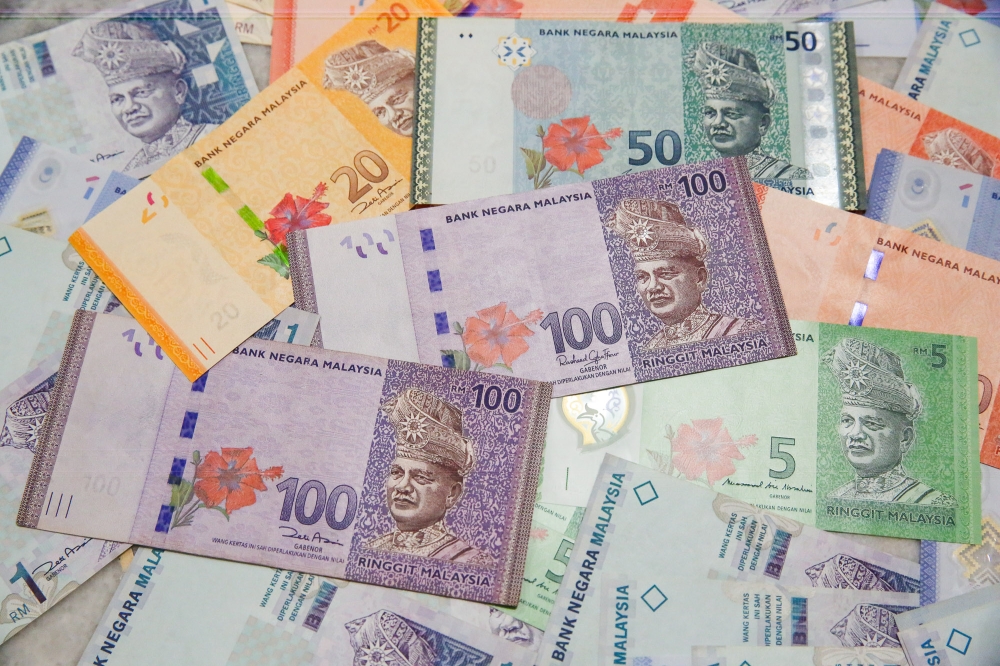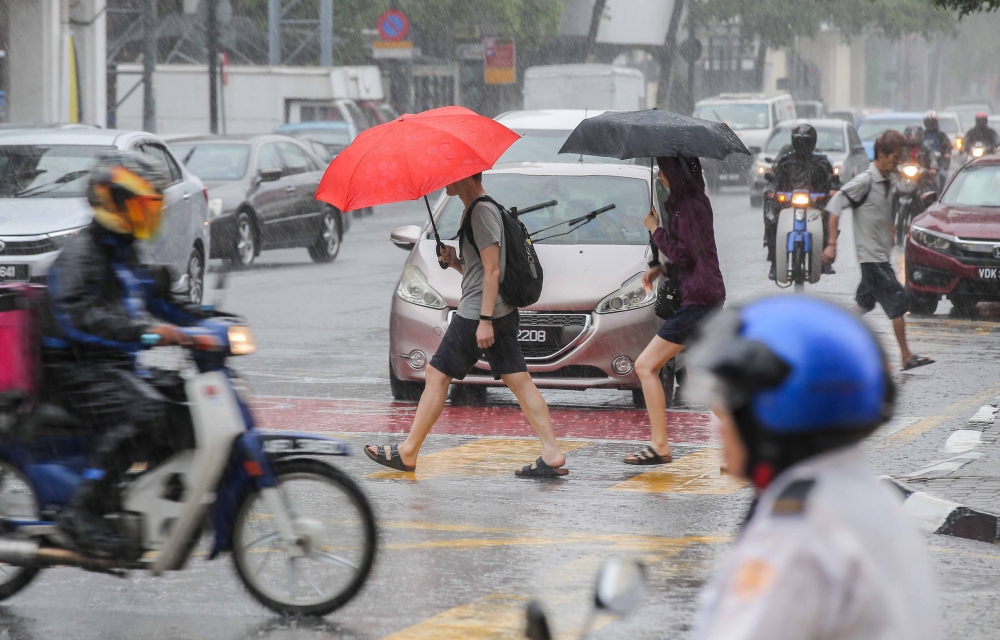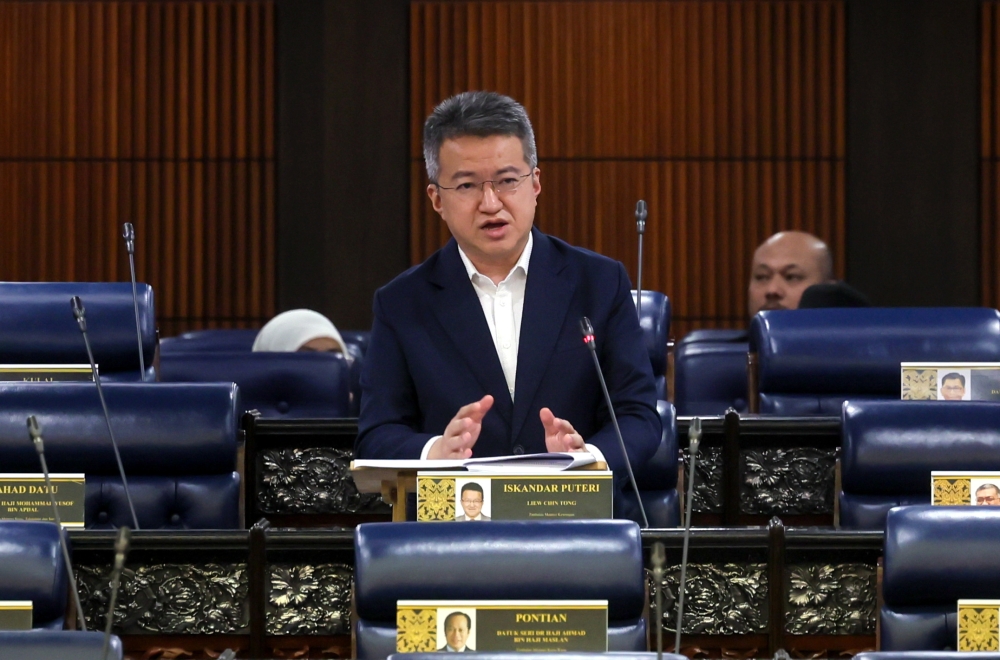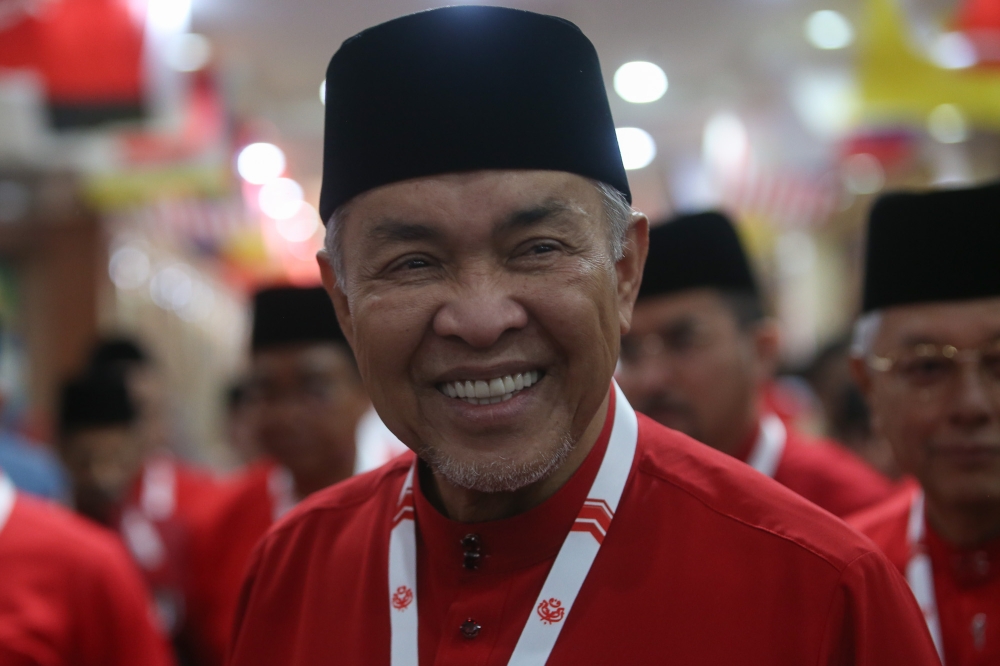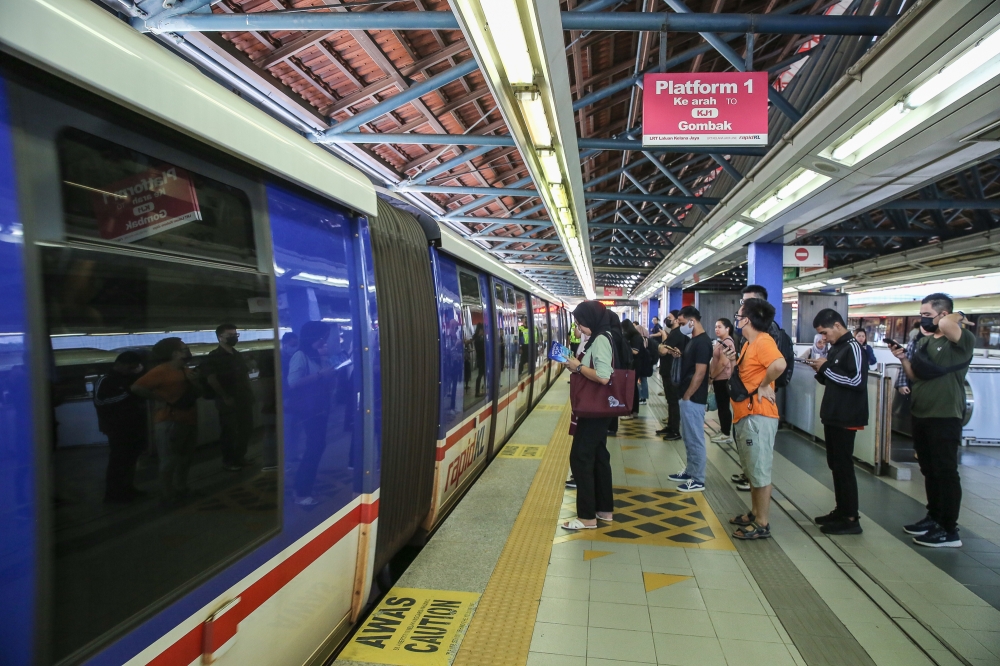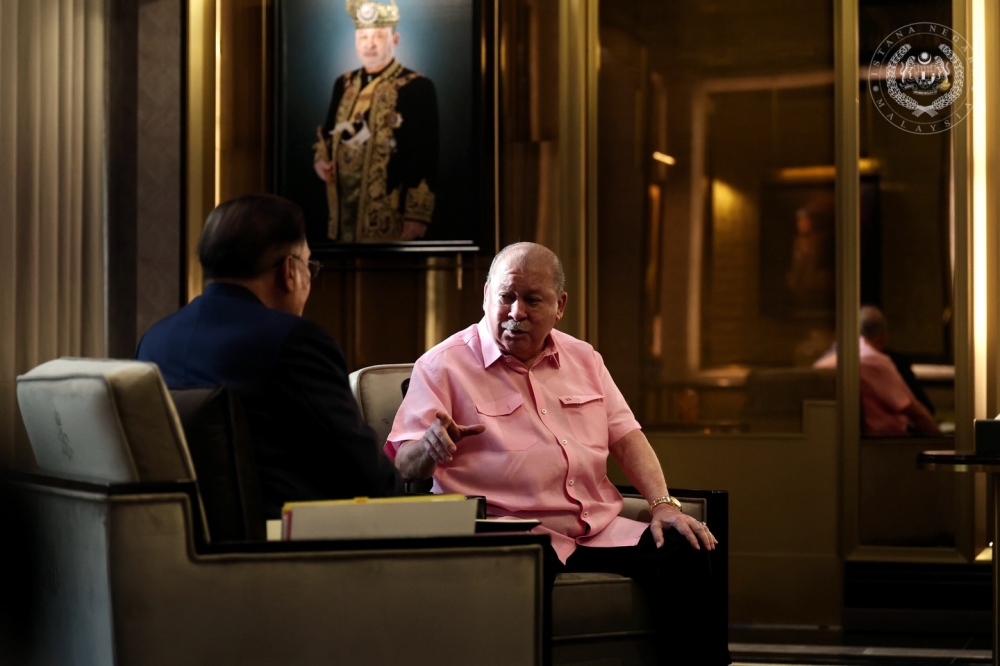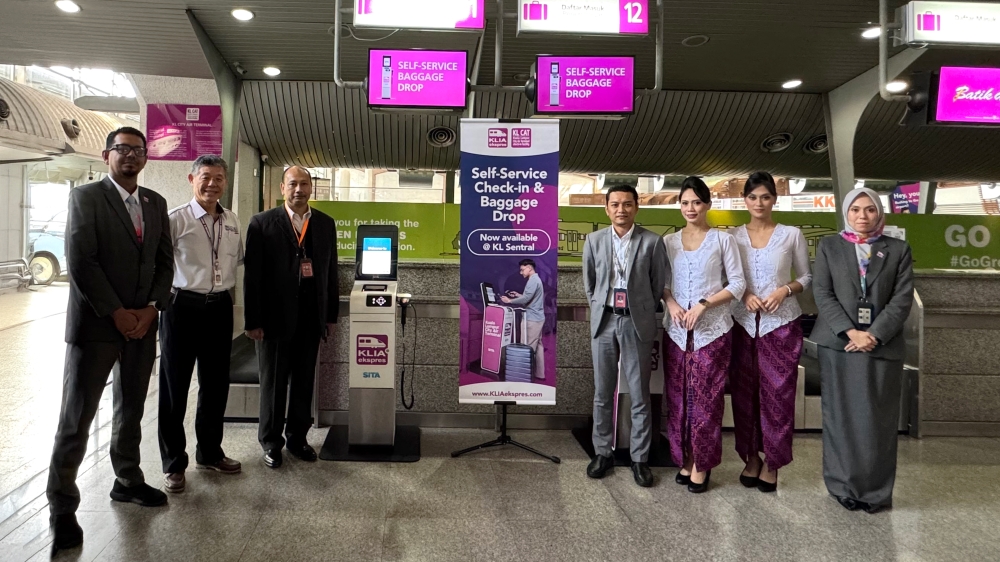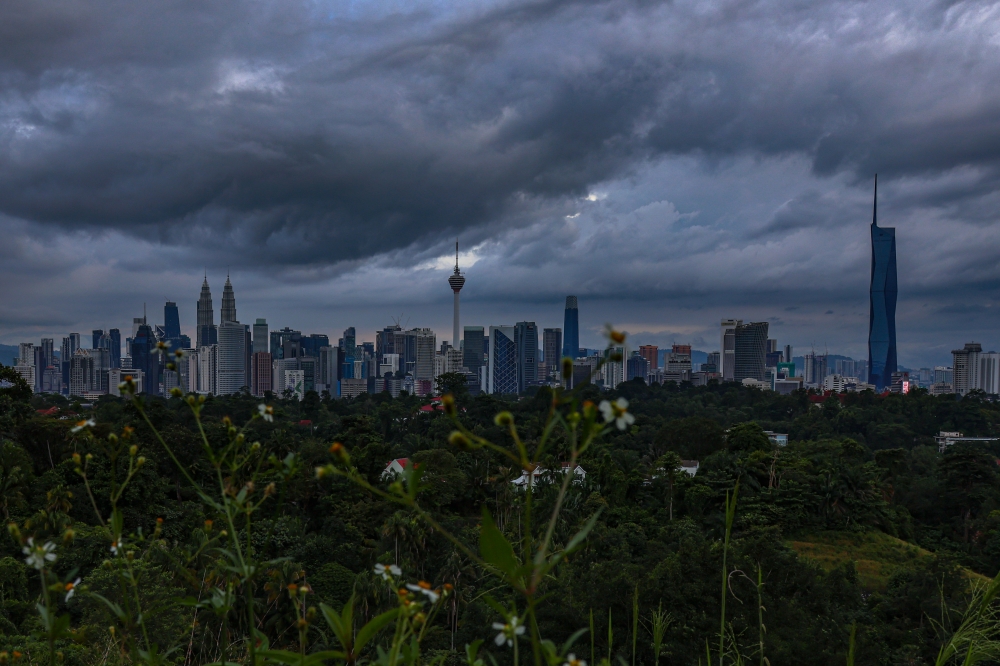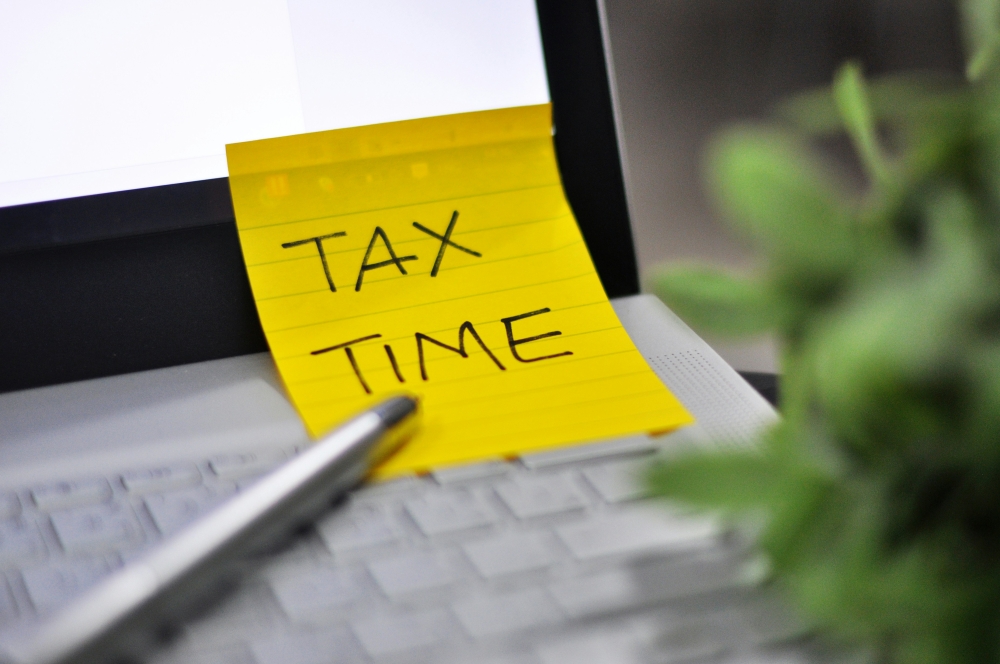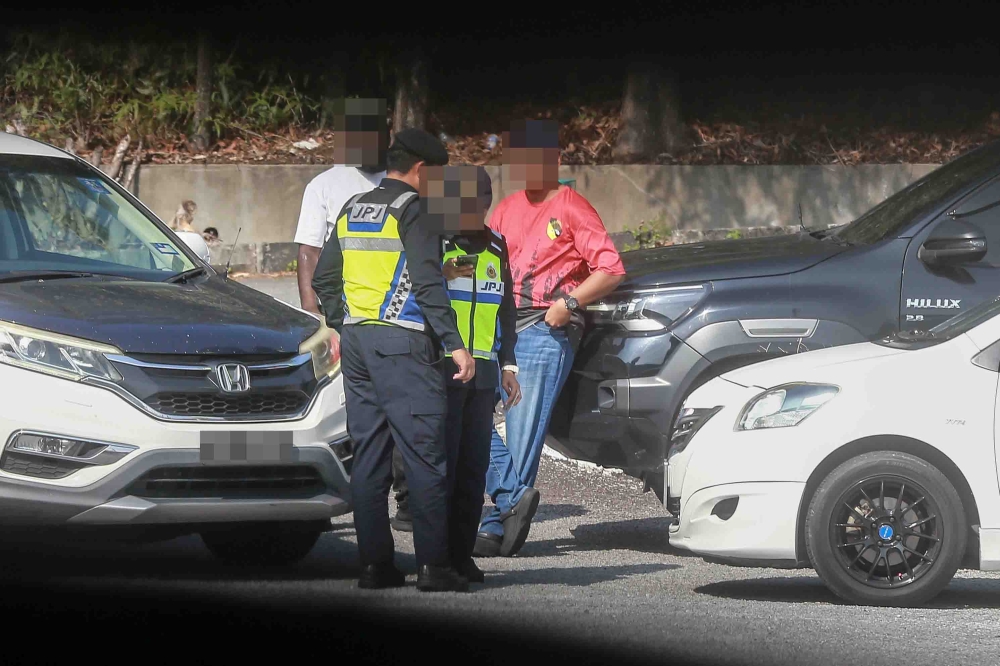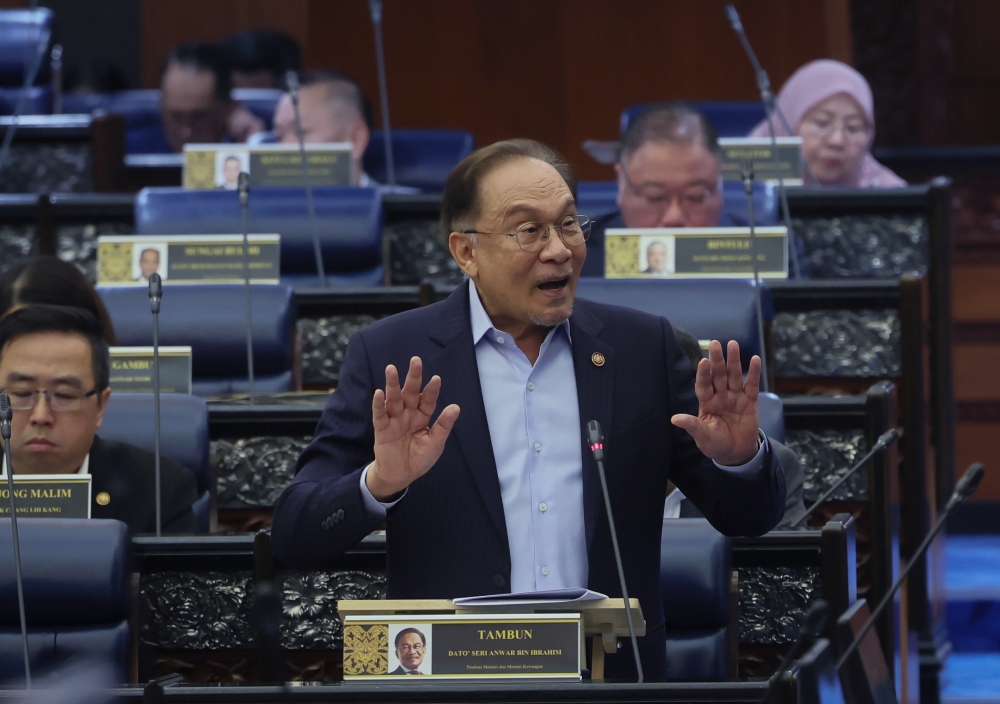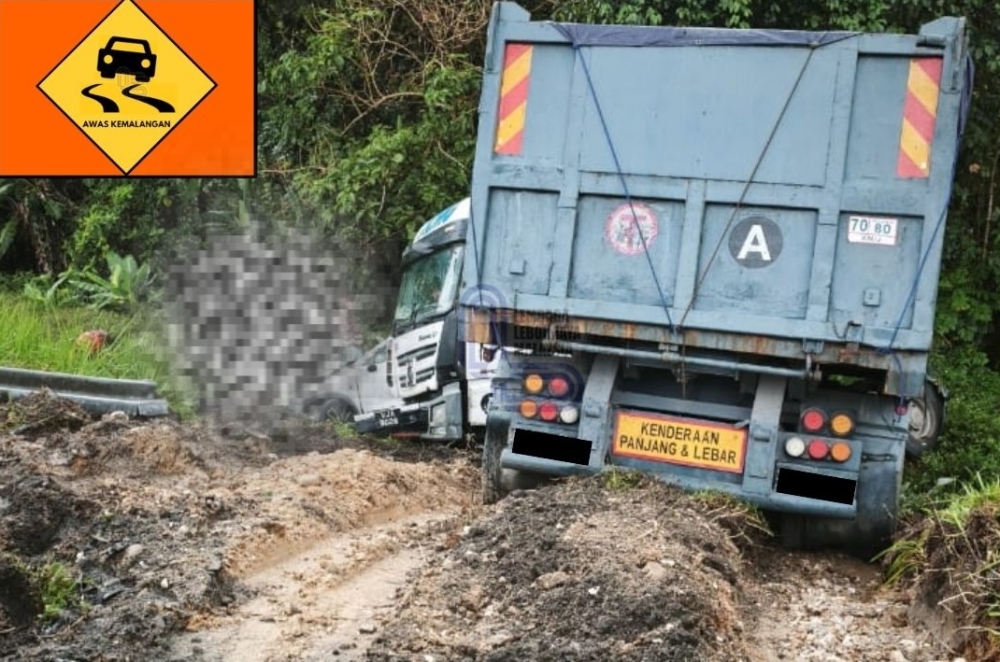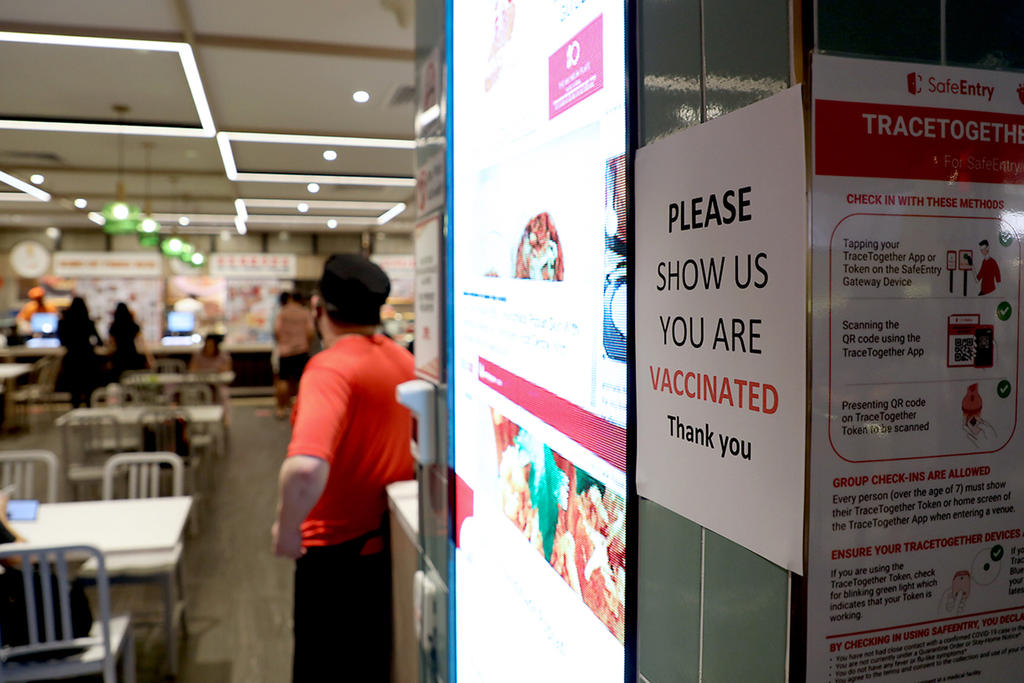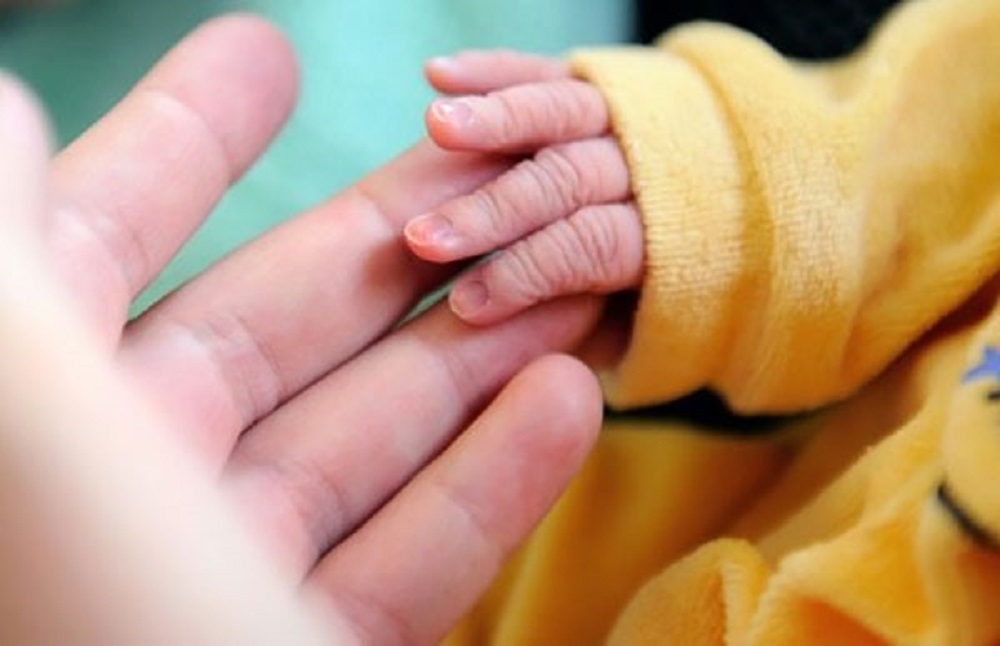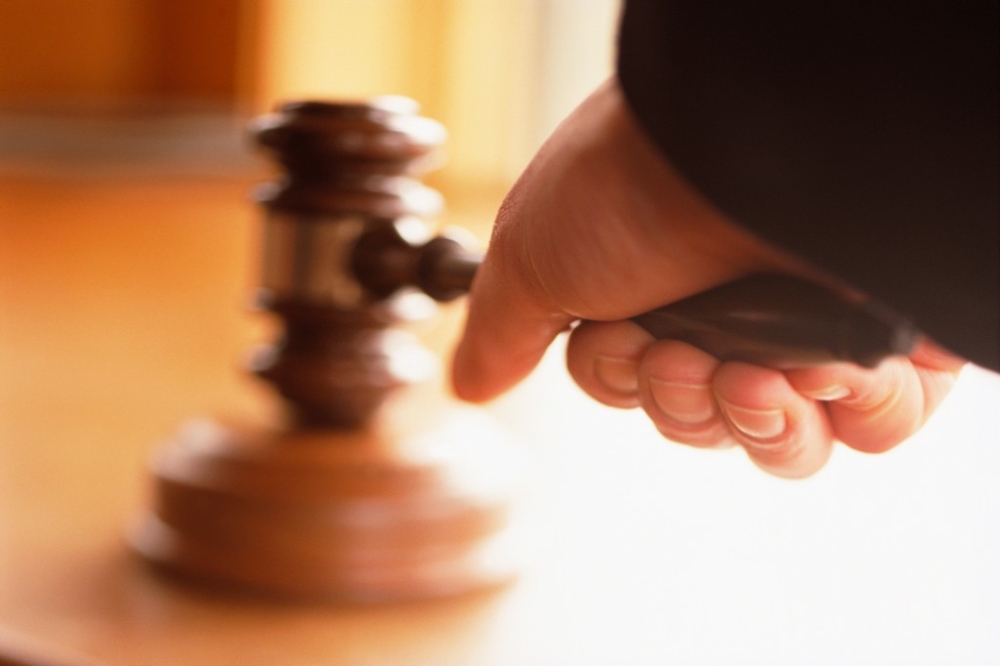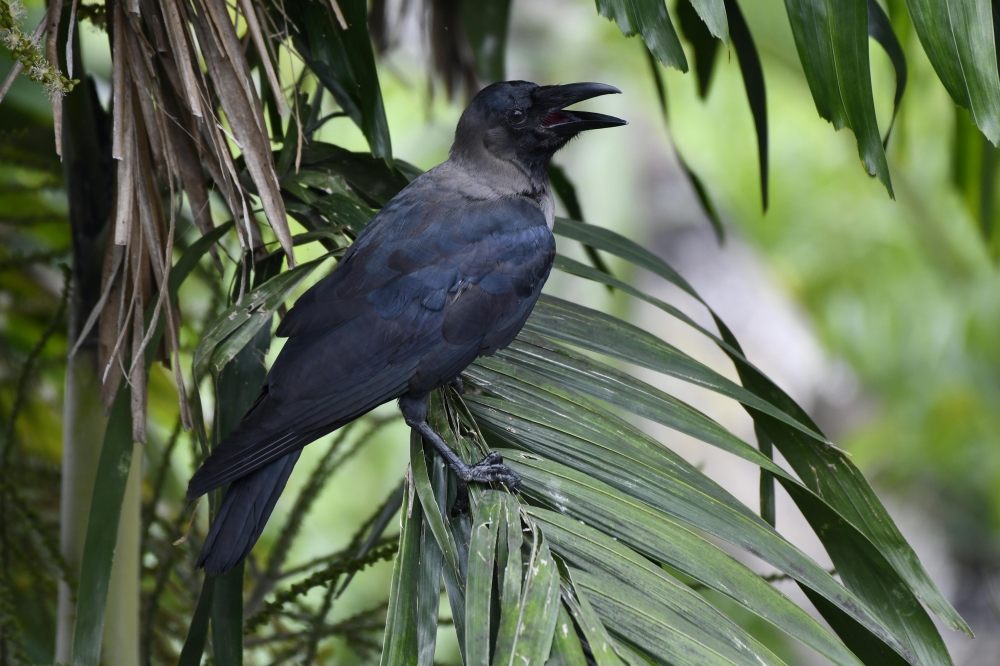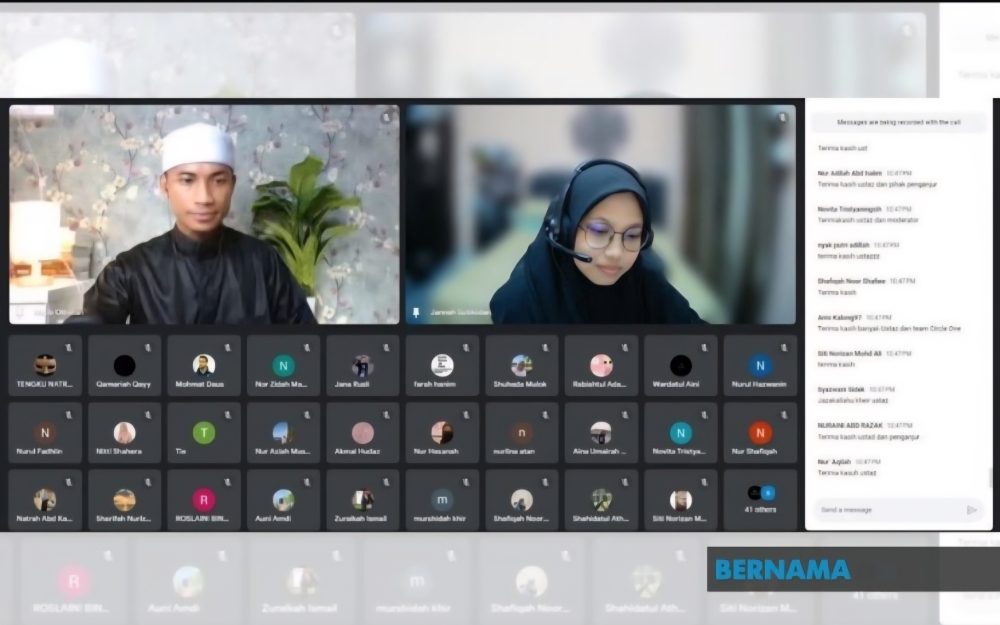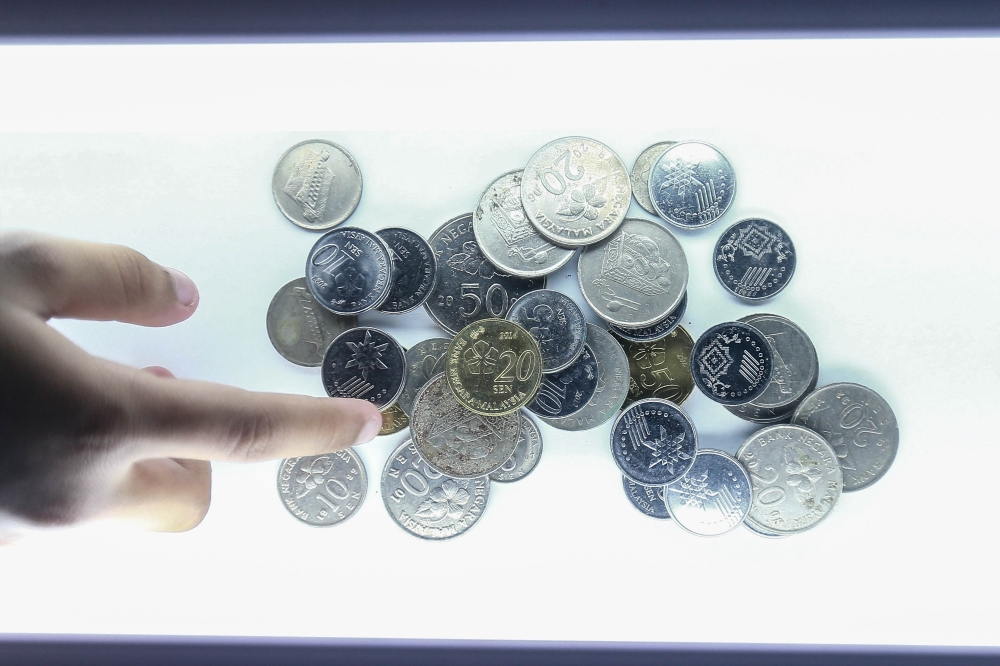SINGAPORE, Aug 11 — Some people who have chosen not to be vaccinated against Covid-19 are not rushing to get themselves immunised even though new regulations are limiting their social activities, saying they are still on the fence about it.
And for those who cannot be inoculated because of medical reasons, they are hoping the restrictions would not last too long or they may be given some concessions.
From yesterday (August 10), people who are fully vaccinated — meaning two weeks have passed since their second dose of a vaccine — may dine out at restaurants and gather in groups of up to five, or take part in other higher-risk social activities such as sports or mass events.
Not so for accounts manager Siti Hamzah, 26, who said: “I’m sad that I’m singled out. I feel like there should be exceptions for people who did try (to get vaccinated). I mean, it’s just a small group of us that had adverse effects.”
Siti, who received her first shot of the Pfizer-BioNTech vaccine on July 28, suffered from high fever for six days and had vomiting and diarrhoea.
She was warded, discovered to have inflammation and had to spend S$7,000 on hospital bills. A doctor later certified her unfit for her second dose.
Because of this, she is waiting for other vaccines that do not use the new messenger ribonucleic acid (mRNA) technology, such as the Novavax vaccine, to be available here.
She is not inclined to get the Sinovac vaccine due to its low efficacy rate, though the Government has said that those who experienced an allergic reaction after receiving their first dose of the mRNA vaccines can be considered fully vaccinated after they get two shots of Sinovac.
When it comes to gathering with family and friends for meals, Ms Siti and others who are not vaccinated are feeling left out.
Even at hawker centres and coffee shops, regardless of whether a person is vaccinated or not, only up to two people may eat out.
To abide by the regulations, businesses may check their customers’ vaccination status by asking them to tap their TraceTogether mobile application or token against the SafeEntry (Business) app on the premises.
The Ministry of Health said on its webpage of frequently asked questions on post-vaccination matters that it is now in the midst of updating the records of people who are inoculated with vaccines under the World Health Organization’s Emergency Use Listing so that they can be reflected on the TraceTogether app and SafeEntry (Business) app to facilitate checks.
In the interim, smartphone users may log in to the HealthHub app using their SingPass account to show their vaccination status for checks at events and businesses, or show their original physical vaccination cards.
The new rules are similar to those in some other countries and cities worldwide, which have different restrictions for people who are inoculated against Covid-19 and those who are not.
In France, people are required to produce a “health pass” showing that they have been vaccinated against the disease or a recent negative polymerase chain reaction (PCR) test to gain entry to bars, restaurants and cinemas.
Last week, American city New York announced that visitors to restaurants, gyms and other businesses would need to provide proof that they had received at least one dose of the Covid-19 vaccine and this will be enforced from September.
Not motivated to get shots
For some people who have decided not to get the Covid-19 vaccine, or are still on the fence about getting inoculated, they felt that the new rules are discriminatory.
The feeling they get is that they are unfairly singled out and ostracised from social activities for exercising a personal choice, even though the national vaccination exercise is not compulsory.
They noted that in December last year, when the government first launched the national vaccination exercise, its Covid-19 task force said that it will not force people to take the vaccine and will respect people’s choices. Long-term data and side effects are still unknown or being studied as well.
With reports of infections among people who are fully vaccinated against Covid-19 here and elsewhere, meaning they can still get infected and pass on the coronavirus with no or mild symptoms, people who are not vaccinated by choice said they cannot see why the different rules are needed in the first place.
One 65-year-old, who declined to give his name and occupation because his employer does not allow him to speak to the media, said: “Why discriminate between the vaccinated and unvaccinated when there’s no difference in terms of who can spread the virus?
“It’s pure discrimination.”
When asked, people in this group said that the vaccine policies at dining places have not swayed them to get vaccinated.
Some of them said that with this incessant pressure, as well as certain people in the community labelling them as “criminals”, it has made them even more resistant to getting the jabs.
A homemaker who wanted to be known only as Mrs Loh, 41, said: “As a yet-to-be-vaccinated person in Singapore, I feel persecuted (because of) the need to defend or justify why I am not vaccinated.”
She is still on the fence about getting the vaccine due to bad experiences with pharmaceutical drugs in the past as well as her pre-existing medical conditions and allergies.
“I’m not opposed to the vaccine. (Some) people have taken the vaccine themselves, but hesitate when it comes to their children… Everyone’s story is different. We shouldn’t discriminate against a person who hasn’t taken the vaccine,” Mrs Loh said.
Homemaker Daphne Koh, 43, said she wished that the government would find other ways to incentivise people to get inoculated — such as giving workers paid time off work to rest after vaccination — without penalising those do not.
Singapore’s efforts in containing the number of people who are seriously ill from Covid-19 have made her decide to skip vaccination for now because she is wary of the risk of the vaccines having severe adverse effects on a healthy person such as herself.
Executive administrator Tan Yi Han, 35, hopes that there would be a more inclusive approach that takes into account differing views and considerations on personal health and safety.
He and his family feel that boosting their own immune systems is the best defence because most people who get infected here have no or mild symptoms.
Social worker Joe Chan, 41, who is not comfortable getting vaccinated because he does not yet trust the vaccines, said he is concerned that over time, people who are not vaccinated will be excluded from more activities.
This would lead to a deep divide between them and those who are vaccinated, he added.
“Are people going to be cut off from public transportation and malls? It feels like we may go that way and it's going to be driving that divide and insecurity among citizens even more.” ― TODAY

